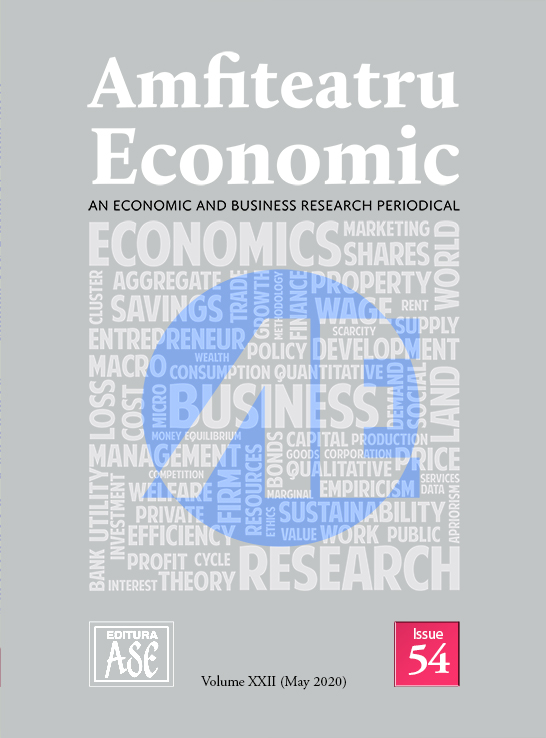“Citadel of Science” and “Cathedral of Conscience”: The University, as Institution, Was Born to Be Concerned with Sustainable Knowledge, Long Before Sustainability Became a Universal Concern
“Citadel of Science” and “Cathedral of Conscience”: The University, as Institution, Was Born to Be Concerned with Sustainable Knowledge, Long Before Sustainability Became a Universal Concern
Author(s): Octavian-Dragomir Jora, Matei-Alexandru Apăvăloaei, Andreas Stamate-Ştefan, Vlad I. Roșca, Rodica GherghinaSubject(s): Business Economy / Management
Published by: EDITURA ASE
Keywords: sustainable university; tradition vs. modernity; conservatism vs. progressivism; theoretical knowledge vs; technocratic management; academic freedom vs. curricular planning;
Summary/Abstract: Traditionally, the university is understood to be a custodian/depositary of common values, knowledge and inheritance of human cultures and civilization. In contrast to mere libraries, as well as to the complexity of the Internet, the uniqueness of the university consists of the fact that it coagulates individuals who interact in one-of-a-kind manner with this intellectual treasure. The activities associated with universities reside not only in the rigid preservation of knowledge but also in its flexible rediscovery, i.e., by discerning valuable ideas from the works of past scholars, on top of which comes the exploration of fresh views and their partaking with future generations of peer researchers for keen reflection. Still, judging the university’s performance, which these days focuses chiefly on measurable, quantitative, scientometric indicators, should not obscure one distinctive trait of this institution, namely the sustenance of a tradition, as a qualitative expression of its life. Translating this idea into present verbiage, we identify a sense of “profound sustainability”. In this essay, we have opened up four reflection fronts regarding “sustainable universities”. The first one reviews the conventional literature on sustainability, in the ecological sense, and responds with a broader view: that of a generic socio-cultural ecosystem, that is embodied by both the university itself and the surrounding community which integrates it. The second front outlines the constitutive ingredients of such deep sustainability. Thus, we emphasize two paramount facets: “cultural lastingness” and “academic freedom”. The third front radiographs what is sustainable, broadly speaking, in the institution of the university, identifying it in the societal landscape by the invariant features of time/space that make it both different and desirable in comparison with other educational-cultural forms. Finally, the fourth front highlights a paradoxical posture. We argue that this much-fetishized and politically-charged pursual for “new sustainability” ends up in eroding “old sustainability”, viz., the cultural/generic/profound meaning of it. The main take of this essay is that we need to wittily defend the very “university tradition” from the excesses of faulty modernity.
Journal: Amfiteatru Economic
- Issue Year: XXII/2020
- Issue No: 54
- Page Range: 312-329
- Page Count: 18
- Language: English

